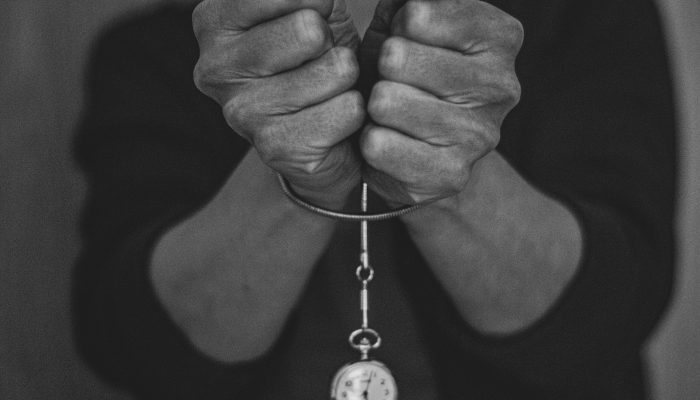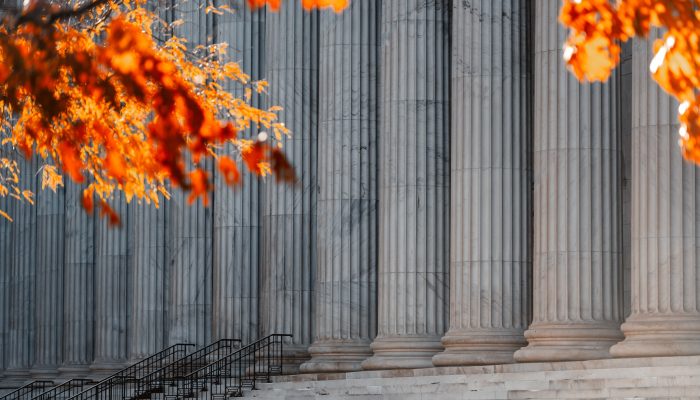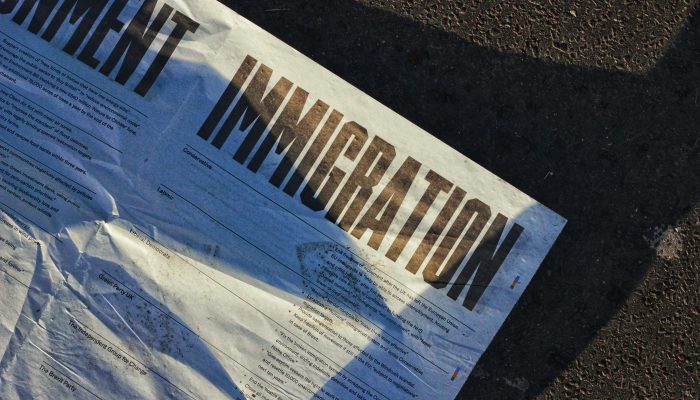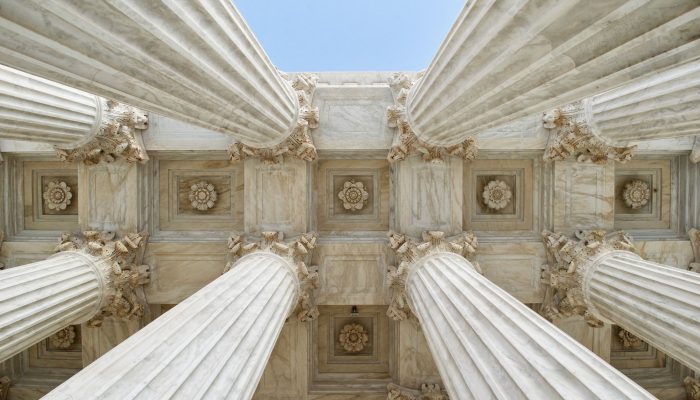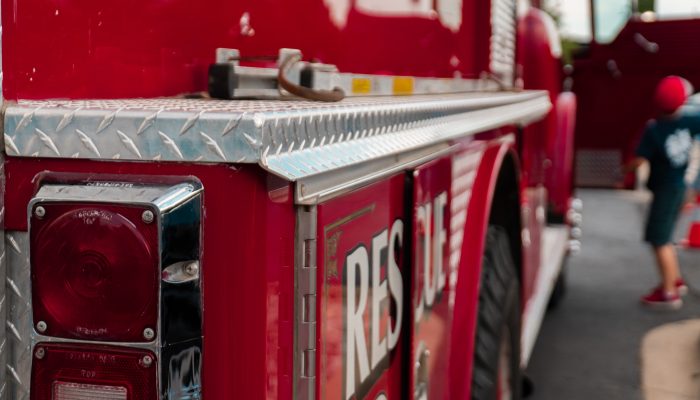During a search of Penelope Harris’s Bronx apartment in 2010, police found 10 grams of cannabis. Even in the days before cannabis legalization in New York, that tiny amount fell below the legal threshold for a misdemeanor, according to The New York Times.
But that brief interaction with the police, which resulted in no criminal charges against Harris, spiraled into disastrous consequences for her and her family. Acting on a referral from police, the child welfare system—which some advocates insist is more accurately termed “the family policing system”—removed Harris’s son from her custody and placed him in foster care. The agency investigated her for neglect, and only returned her son on the condition that she agree to random drug screenings and unannounced caseworker visits.
Harris’s case illustrates how even minor interactions with the legal system can have far-reaching impact. Punishment often does not end at conviction and sentencing. Instead, the consequences of a history with the legal system can spill over into people’s lives for years, or decades—long after their cases have been closed or they’ve completed their sentences. These harms are commonly referred to as “collateral consequences”—a euphemism which masks the dire situations that formerly incarcerated people face and that disproportionately impact Black people and other people of color.
Continue reading “How “Collateral Consequences” Keep People Trapped in the Legal System”

